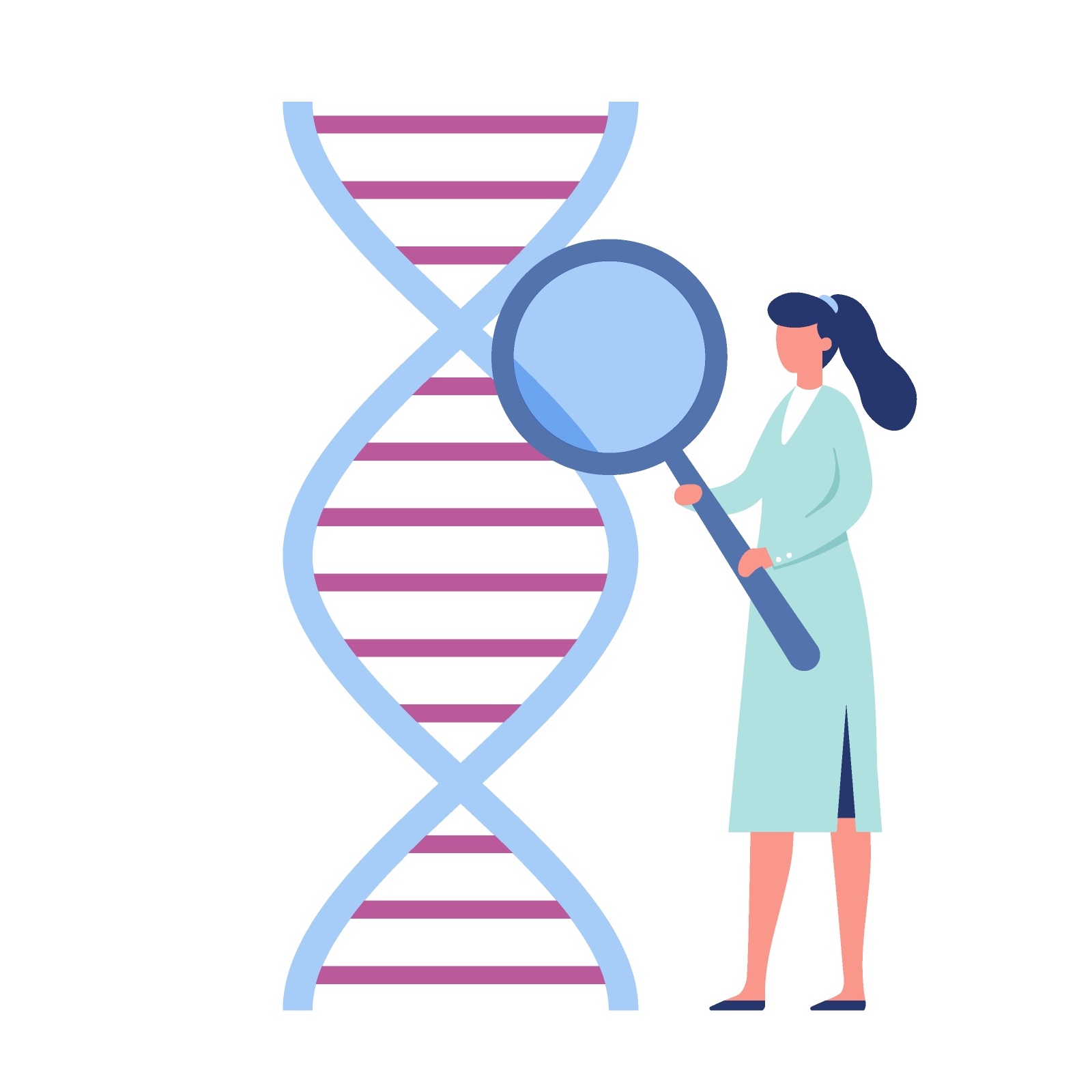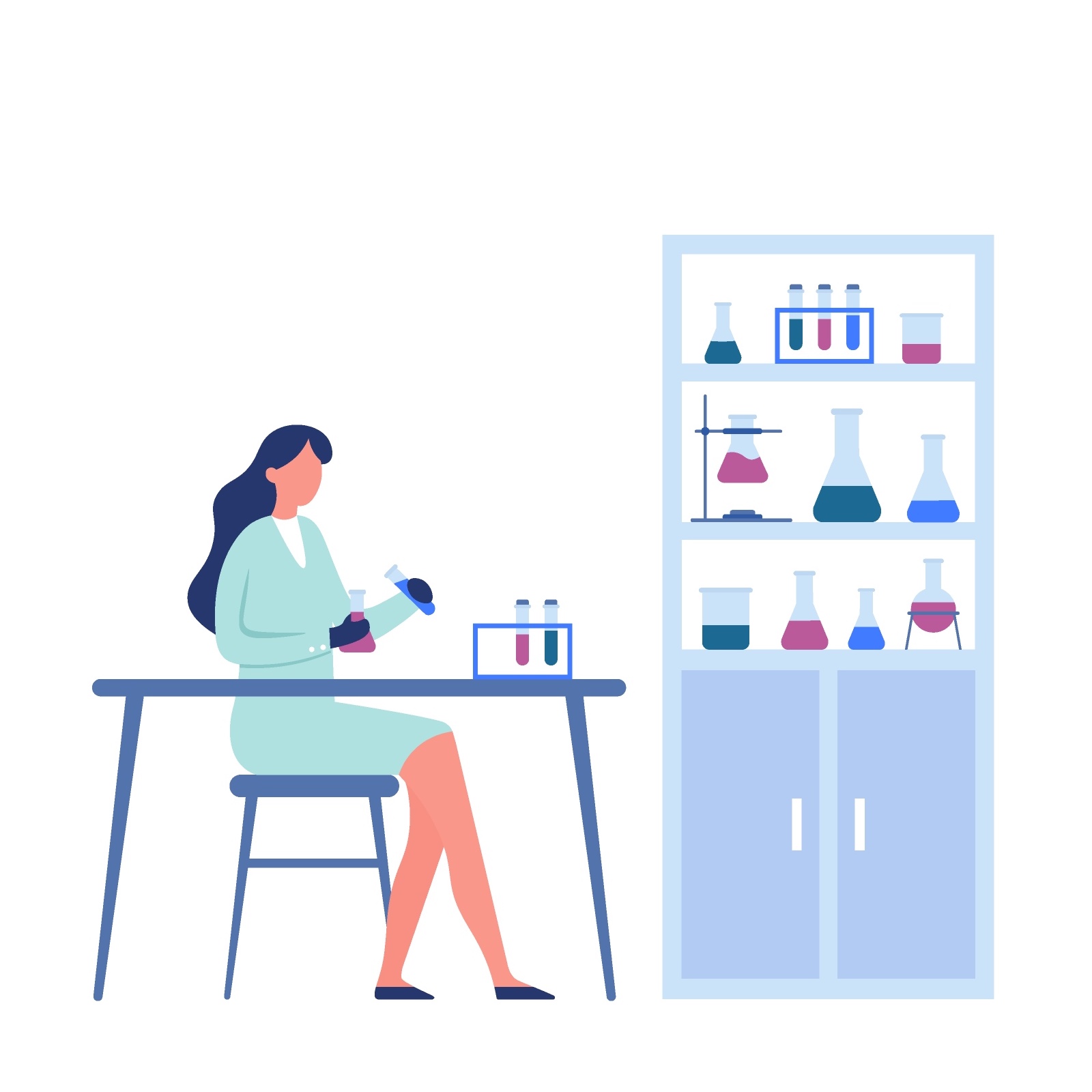Immunogenicity consulting

Identification of product-specific risks
Our collective experience encompasses a broad range of product types, from synthetic peptides through multi-specific proteins to advanced therapy medicinal products
Expand for more details...
- Strategic consulting on application of risk-based approach to identify, immunogenicity-related risks from lead-candidate selection stage onwards, including:
- Intrinsic immunogenic potential associated with molecular features (B-/T-cell epitopes, non-human structural motifs, allogeneic properties)
- Mode of action and systems biology
- Choice of expression system, including mammalian, yeasts & plants
- Product quality attributes and manufacturing changes, including formulation
- Orthogonal analytical methods for product characterisation and quality control
- Subject-related factors, e.g. genotypic and phenotypic heterogeneity
- Dose regimen & route of administration
- Implications for clinical study design & bioanalytical monitoring
- Integration of innate and adaptive immune mechanisms with state of immune tolerance and other patient-related variables
- Translational approach that assesses relationship of immune response to primary and secondary pharmacodynamics
- Risk prioritization aligned with regulatory expectations for stage of product development
- Due-diligence for in-licensing opportunities

Effective risk evaluation / mitigation
Our goal is to define activities for evaluation and mitigation of pertinent risk factors for immunogenicity, thereby building a comprehensive action plan for successful development and commercialisation
Expand for more details...
- Utility of risk minimization tools (in silico, in vitro & ex vivo)
- Linkage to manufacturing and product quality control strategy:
- Analysis of product-related variants and process-derived impurities on scale of risk
- Impact of non-human glycosylation
- Testing for influence of aggregates and sub-visible particles
- Development and validation of bioanalytical methods (ADA, NAb, PK, immunophenotyping & biomarker assays):
- Effective bioanalytical method design and implementation, including practical options to overcome limitations, e.g. specificity, selectivity, sensitivity
- Diverse platforms for monitoring humoral and cellular immune responses, including ligand-binding & cell-based assays, ELISpot, flow cytometry/FACS, SPR (BIAcore) etc.
- Orthogonal approaches for Advanced Therapy Medicinal Products (ATMP)
- Overcoming interference by target, drug or other factors
- Control of critical reagents
- Suitability of different candidate positive controls
- Data analysis, including considerations for assay cut points and pre-existing antibodies
- Preparation of high-quality documentation
- Translational interpretation of non-clinical data for benefit-risk to proceed into clinical development
- Prospective definition of descriptive endpoints for regulatory submissions
- Design of clinical studies to incorporate adequately extensive sampling schedule for testing relevant bioanalytical and clinical parameters
- Risk mitigation measures for clinical studies
- Strategy for managing unexpected results
- Participation in meetings with regulatory authorities (EU and USA)
- New therapeutic indications and life-cycle management

Assessment of clinical impact
We apply an integrated approach to enable a balanced interpretation of the scale of risk for clinically impactful immunogenicity for the intended therapeutic use, thereby providing the most accurate information for regulators and prescribers
Expand for more details...
- Stratification of immunogenicity impact assessment according to:
- Severity of clinical consequences associated with intended therapeutic use
- Opportunities for mitigation of identified risks in clinical practice
- Impact on overall clinical benefit vs. risk
- Availability of alternative treatment options
- Weight of evidence vs. uncertainty
- Analysis of humoral and cellular immune responses in relation to specificity and sensitivity of bioanalytical methodology and relevance to clinical pharmacology
- Linkage to product quality at different stages of clinical development:
- Bridging results across pre- vs. post-manufacturing changes, including new drug product formulations
- Minimizing confounding factors for data interpretation:
- Pre-existing cross-reactive antibodies
- Immune tolerance
- Danger signals for innate immune effector cell upregulation
- Concomitant immune-modulatory medication
- Mapping relationships of nature and scale of immune responses to PK, PD, efficacy & safety endpoints
- Analyses at the individual subject and treatment group levels to estimate “worst-case” outcomes
- Implications for prescribing information and ongoing risk management

High-quality regulatory submissions
We apply a sound understanding of current regulatory standards to anticipate and avoid rate-limiting issues by clear and integrated presentation of the relevant data
Expand for more details...
- Interpretation of applicable regulatory guidance, including ICH, WHO, FDA & EMA
- Risk Assessment for Clinical Trial Applications in EU and USA
- Systematic approach adapted to the nature of the product and intended therapeutic use, with linkage to product quality control strategy and strategy for bioanalytical methodology and clinical monitoring
- Enables updating during clinical development
- Bioanalytical documentation (ADA, NAb, PK, immunophenotyping & biomarker assays) to meet current regulatory standards
- Briefing materials for Scientific Advice and Advisory Committee meetings
- Defining strategic objectives
- Preparation of questions, company positions & supporting information
- Advocacy role in meetings
- Integrated Summary of Immunogenicity for MAA / BLA (novel biotherapeutics & biosimilars)
- Stand-alone module (Section 5.3.5.3 of CTD dossier format) that summarizes the risk-based strategy, bioanalytical methodology and clinical results to enable a full regulatory assessment of immunogenicity for marketing approval
- Responses to questions arising during regulatory review procedures
